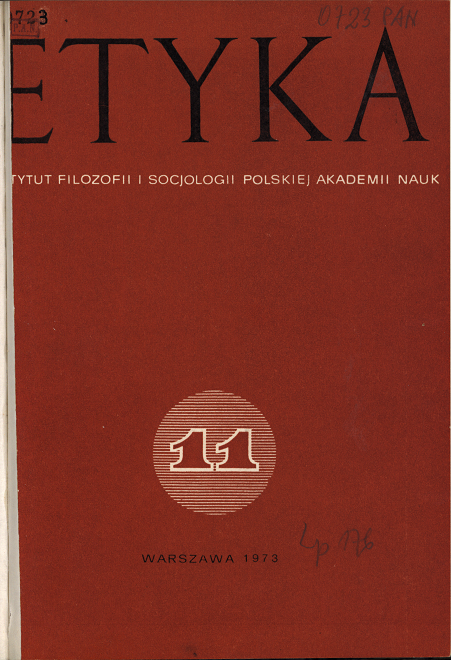What do we expect of act-utilitarianism?
Keywords:
utylitaryzm, czyn, platon, sokrates, empiryzmAbstract
In recent years, act-utilitarianism has been distinguished from rule-utilitarianism. We may say (roughly) that act-utilitarianism is the thesis that a particular act (as opposed to a type of act or class of acts) is right if and only if its utility – that is contribution towards intrinsically good states of affairs – is no less than that of some alternative act. Rule-utilitarianism is (roughly) the thesis that an act is right if and only if it conforms to a rule somehow grounded in utility. The present paper concerns one type of argument sometimes used as an attempt to show that act-utilitarianism cannot be an adequate ethical theory. Arguments of this type are characterized by an emphasis on practical difficulties involved in, or paradoxes arising out of, the attempt to apply act-utilitarianism theory to concrete moral situations.
Downloads
Published
Issue
Section
License
Works published in ETYKA are available under the Creative Commons Attribution No Derivatives 4.0 International Licence (CC BY-ND), which entails acknowledgement of authorship without derivative works. Under this licence, Authors keep their copyrights and agree that their works can be used again legally for any purpose, including commercial ones, except for the creation of derivative works, without the need to obtain previous consent of the Author or publisher. The articles can be downloaded, printed, copied and disseminated; under the condition that the authorship is indicated accordingly, together with the place of original publication. The Authors preserve their copyrights to the above-mentioned works without any limitation whatsoever.



